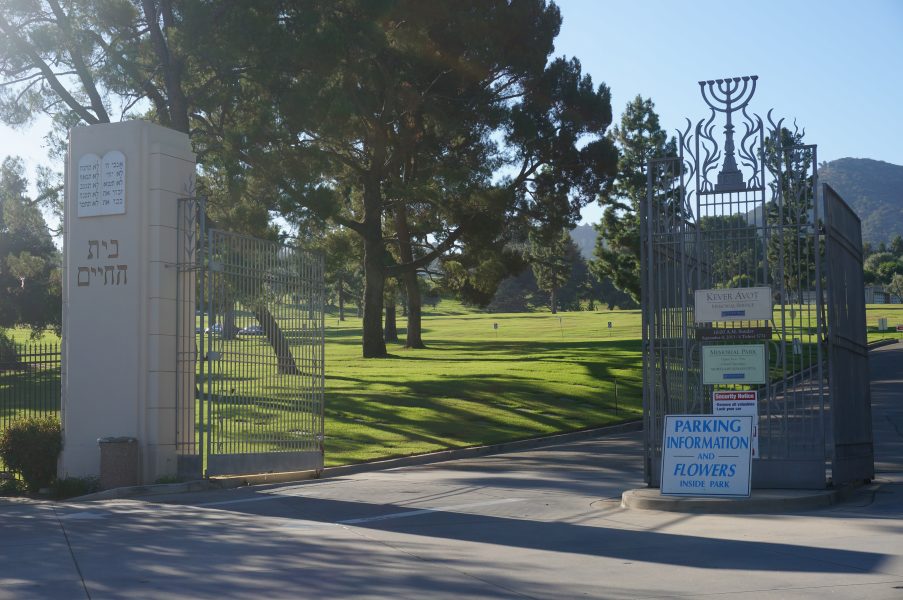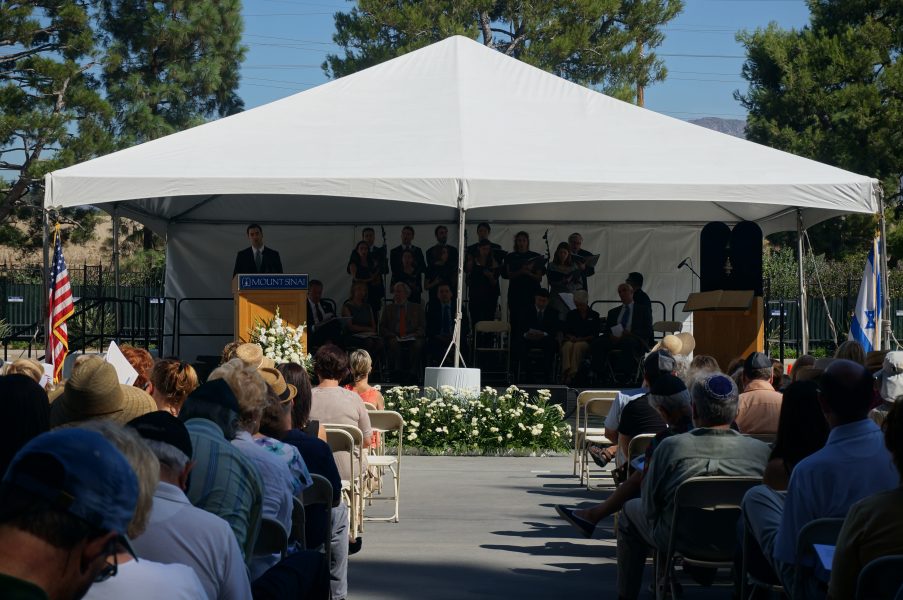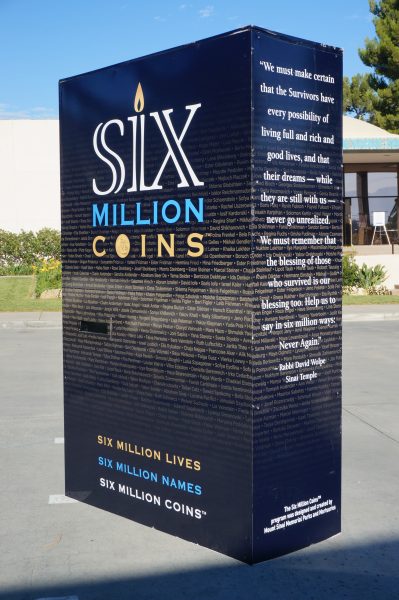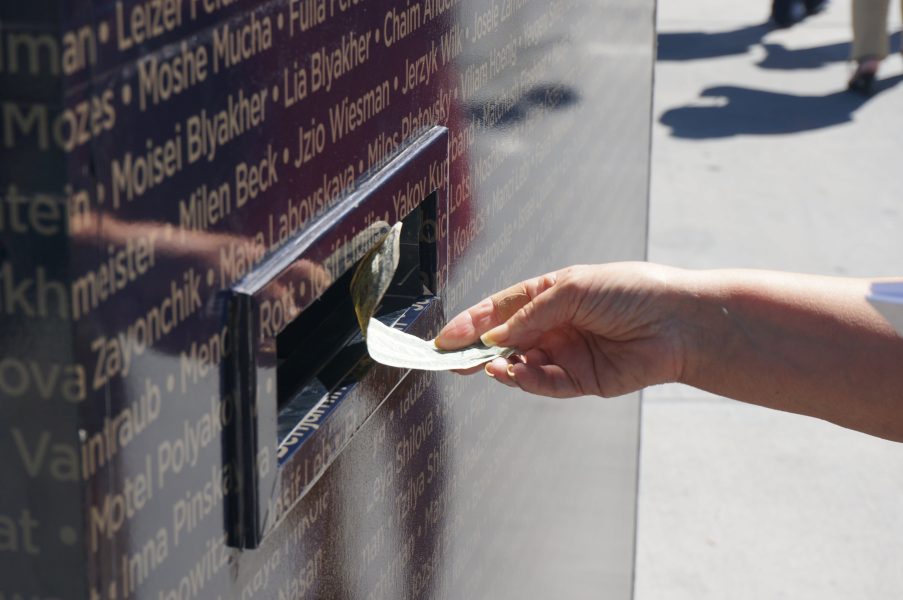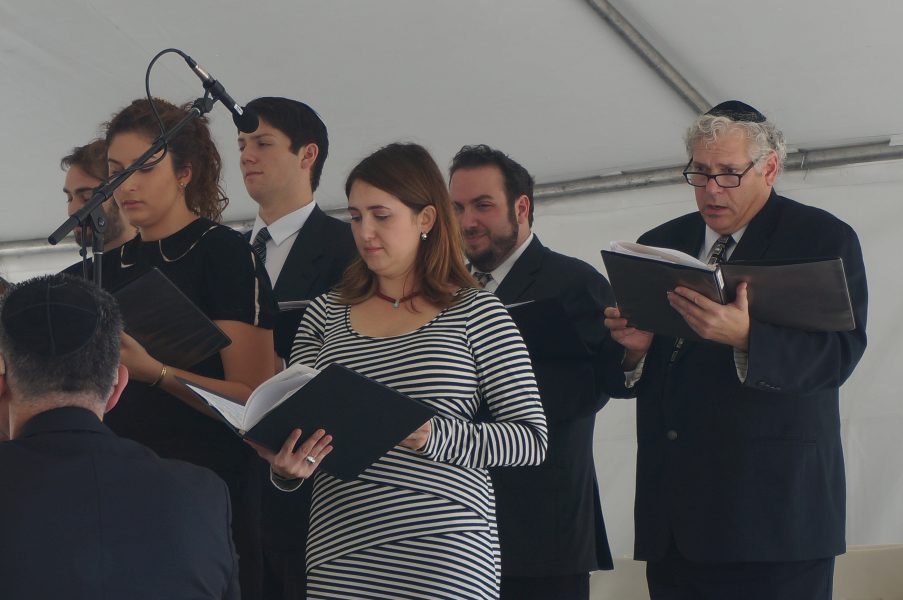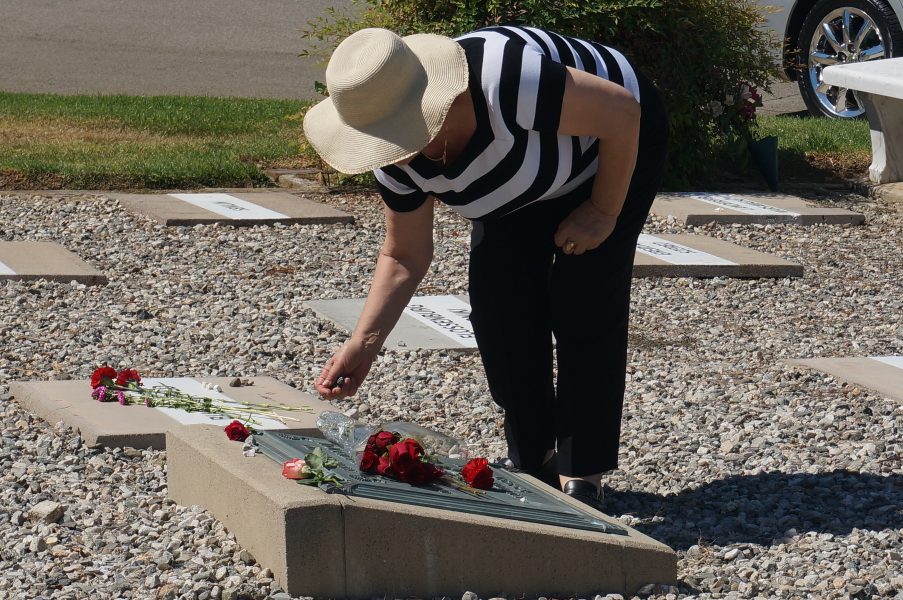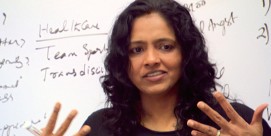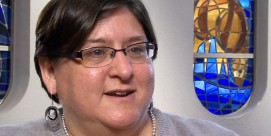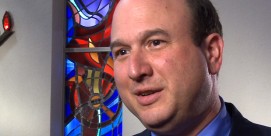RABBI DAVID WOLPE (Sinai Temple, Los Angeles): Kever Avot is a service that we conduct at the mortuary, at the cemetery, each year that allows people to come and have a memorial service that precedes their visiting the kever, that is the grave, of their avot, of their ancestors. So mostly people will be visiting parents, grandparents, but also of course, siblings, spouses and sometimes children.
It’s done during these ten days because Rosh Hashanah really celebrates the beginning of the world. It's a time more of joy and discovery and wonder and then you move gradually in self examination to the deep contemplation of Yom Kippur.
The shofar is a kind of alarm clock for the soul.
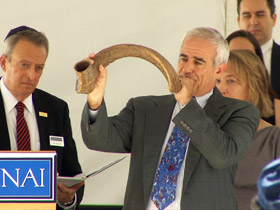
We, in particular, blow it at this service because death is a very important theme in terms of the zest and goodness with which we live our lives. The Kever Avot service reminds everyone you don't have forever either. One day someone will come here and be mourning for you so, knowing that your time is limited in this world, use it wisely, and well, and with a certain amount of sanctity and holiness.
Rabbi Wolpe Memorial Address: “The greatest gift that those whom we have lost, those who have died, have given us is a chance to understand their lives, so that ours might be better. How we will be remembered is in our hands as long as we are here because not only can you change your future, you can change your past.”
“Please rise for the Mourner’s Kaddish...”
The Kaddish is the Jewish, basically, prayer for the dead. It’s when you’re in mourning, you say the Kaddish. It makes no mention of God.
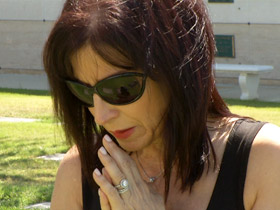
It just talks about the greatness of God. And usually it's thought that the reason it doesn't make mention of God is that really you're affirming your faith at the time of loss. But there is a very beautiful interpretation by a Rabbi, Shlomo Carlebach, who says what the Kaddish really is, is what the dead would say to you if they could speak from where they are. That is they've experienced God's greatness after death and they want the living to know.
The El Malei Rachamim which is literally, "God, full of mercy,” says "and I will give tzedekah." I will give charity on behalf of the person who has died because giving money to needy, to the poor, to causes that matter, that's one of the ways that we show, first of all gratitude for our gifts and, second, that we really want to make the world better.
There are other times of the year when the individual may go to see the graves of his or her ancestors. But in terms of doing it as a community, this is the one time during the year when we gather and you see literally hundreds and sometimes thousands of people walk into the cemetery and it reinforces the great truth that everybody has lost, that you can't live without losing, and there's some comfort in seeing all these people also grieving for those whom they've lost.
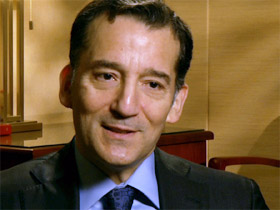
One of the things that's remarkable about memory is that when you lose someone your relation to them continues to change, that is, it's a living relation even with somebody who's not there because their legacy unfolds in you and you understand new things as time goes on, so it's a dynamic process. It's not stuck in time.
Repentance sometimes involves an acknowledgement of all of your heritage, what people have wanted for you, how you were raised, the debts that you owe to the dead, in a sense. Am I living the way I was taught to live by the people who raised me, and also do I remember them the way they deserve to be remembered? Both those very powerful themes come together at this time.
It is a Jewish tradition to ask forgiveness from somebody who's died. You ask forgiveness of God, of other people, and then of people who aren't there to be able to ask anymore.
The tradition of leaving a stone on a grave is a beautiful one. Stones endure and flowers fade and we think of the soul as being enduring.
To the extent that your behavior determines your fate, and self reflection and thought and prayer can help you change your behavior, this is the time of year to do it. Because this is the rare time when you actually have dedicated moments to think, to reflect, to meditate. It doesn't happen very often in our lives and, so, I think that this really is our chance to change who we are and therefore to change what becomes of us.





